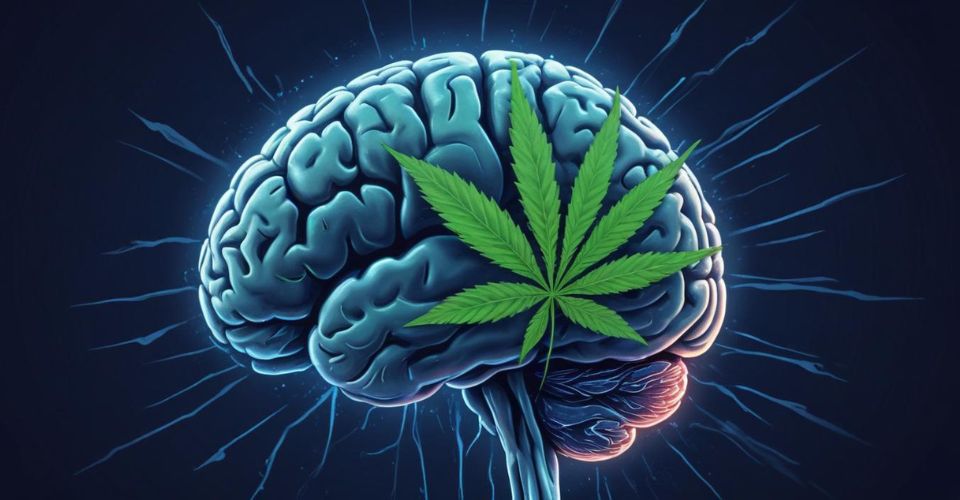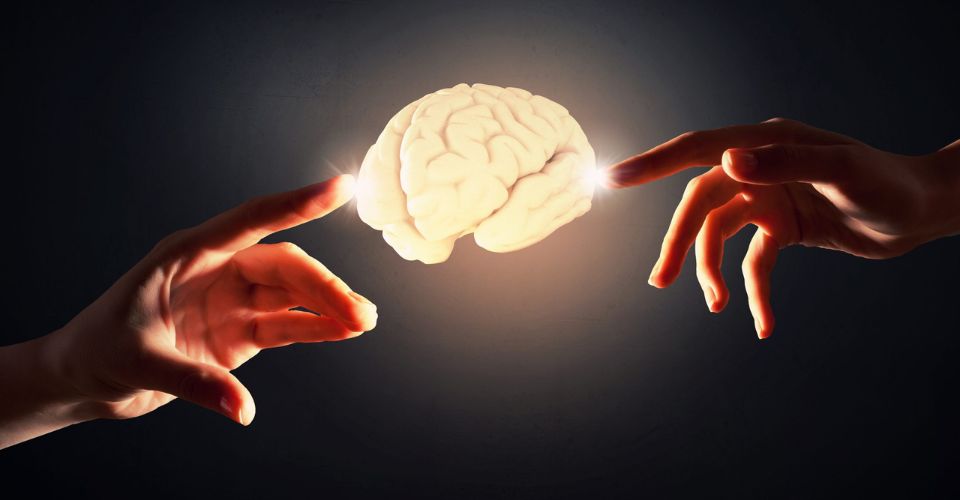- Nandini Sen shared her dark memories of growing up with her mother’s schizophrenia.
- NAMI says that every person should be compassionate towards those with mental illness as it helps them to cope with their distress.
Many people with psychological problems and even their family members choose not to open up regarding the issue or maintain contact with mental health services due to stigma and discrimination. Negative comments and extreme judgments are other factors contributing to this hesitation, the World Health Organization (WHO) suggests.
Nandini Sen, a 24-year-old MBA student from Kolkata, shared with MindHelp her dark memories of growing up with her mother’s schizophrenia. She was not aware of her mother’s mental illness until one day she witnessed her mother having a schizophrenia episode. “Later I got to know that my mother was diagnosed with schizophrenia when I was really young,” Nandini said in a flat tone. Unsurprisingly, Nandini’s elder sister had a clue regarding her mother’s psychological issues, leaving Nandini, the youngest member of their family, to make her own accidental discovery.
After that traumatic episode, Nandini noticed several changes in her mother’s behavior, from increased paranoia and anxiety to a lack of enthusiasm. She recalled one of the horrifying experiences that have shadowed her ever since it took place.
“I told my mom I was going out with my friend and needed some money. She refused to give me money, told my friend to leave, and locked the house from the inside,” Nandini said teary-eyed. She narrated that she had a bad physical fight with her mother. Her mother literally pinned her down the floor and tried to choke her. “She only let me go when my brother came home,” she added.
Nandini’s family waded through years of social stigma and internalized shame and inevitably shielded her from vital medical information. Despite knowing her mother’s schizophrenia, their relatives neither offered any help nor visited them in the past years, Nandini shared with MindHelp. She mentioned how her family has avoided confronting mental illness directly. Her father even took early retirement from the army because of his fear of stigma and judgment.
“She was and is a beautiful human being, she worked really hard in her life and always, always helped others in need. But, life has been so unfair to her. She lost herself and it’s sad to see that every single day,” Nandini said when asked about her mother. Nandini currently runs a support group that is gradually growing with over 16 members.
According to the National Alliance on Mental Illness (NAMI), talking openly about mental illness, choosing empowerment over shame, and being honest with the treatment can eliminate mental health stigma from society. People should be compassionate enough towards those with mental illness as it helps them to cope with their distress.
P.S- Name and place changed due to privacy concerns




























